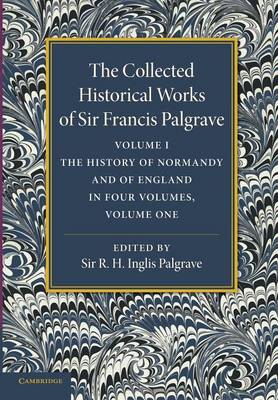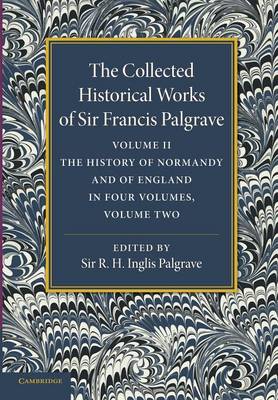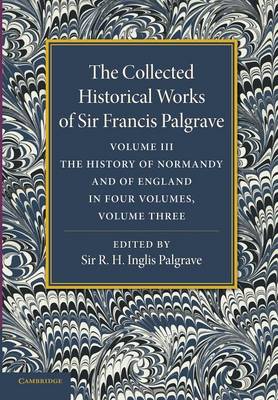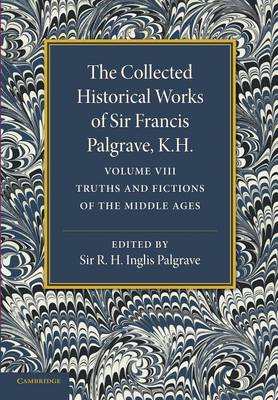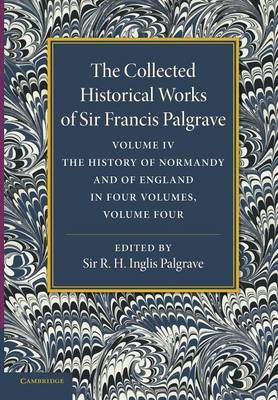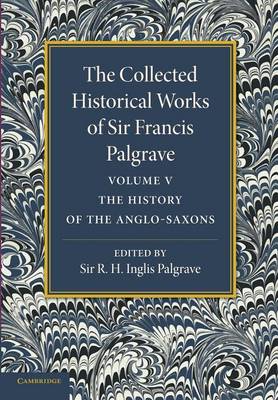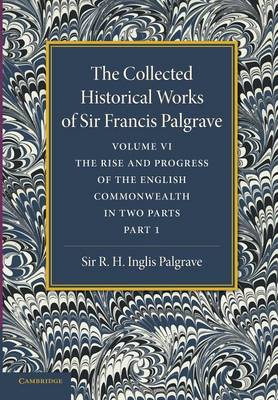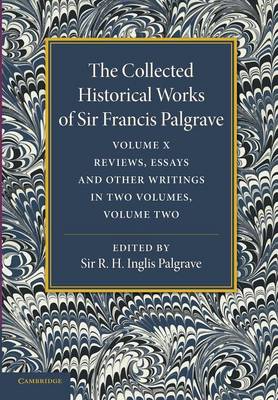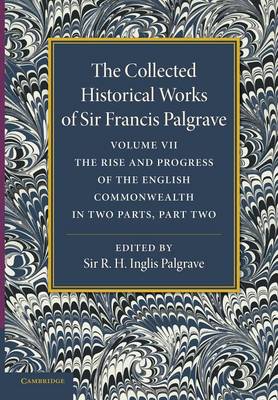The Collected Historical Works of Sir Francis Palgrave
10 total works
The Collected Historical Works of Sir Francis Palgrave, K.H Volume 9
by Francis Palgrave and Sir Francis Palgrave
The Collected Historical Works of Sir Francis Palgrave, K.H.: Volume 1
by Sir Francis Palgrave
The Collected Historical Works of Sir Francis Palgrave, K.H.: Volume 2
by Sir Francis Palgrave
The Collected Historical Works of Sir Francis Palgrave, K.H.: Volume 3
by Sir Francis Palgrave
The Collected Historical Works of Sir Francis Palgrave, K.H.: Volume 8
by Sir Francis Palgrave
The Collected Historical Works of Sir Francis Palgrave, K.H.: Volume 4
by Sir Francis Palgrave
The Collected Historical Works of Sir Francis Palgrave, K.H.: Volume 5
by Sir Francis Palgrave
The Collected Historical Works of Sir Francis Palgrave, K.H.: Volume 6
by Sir Francis Palgrave
The Collected Historical Works of Sir Francis Palgrave, K.H: Volume 10
by Sir Francis Palgrave

